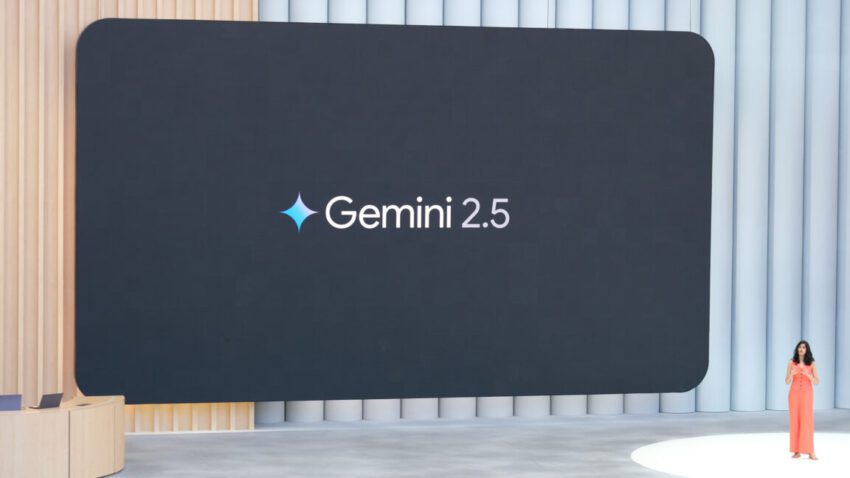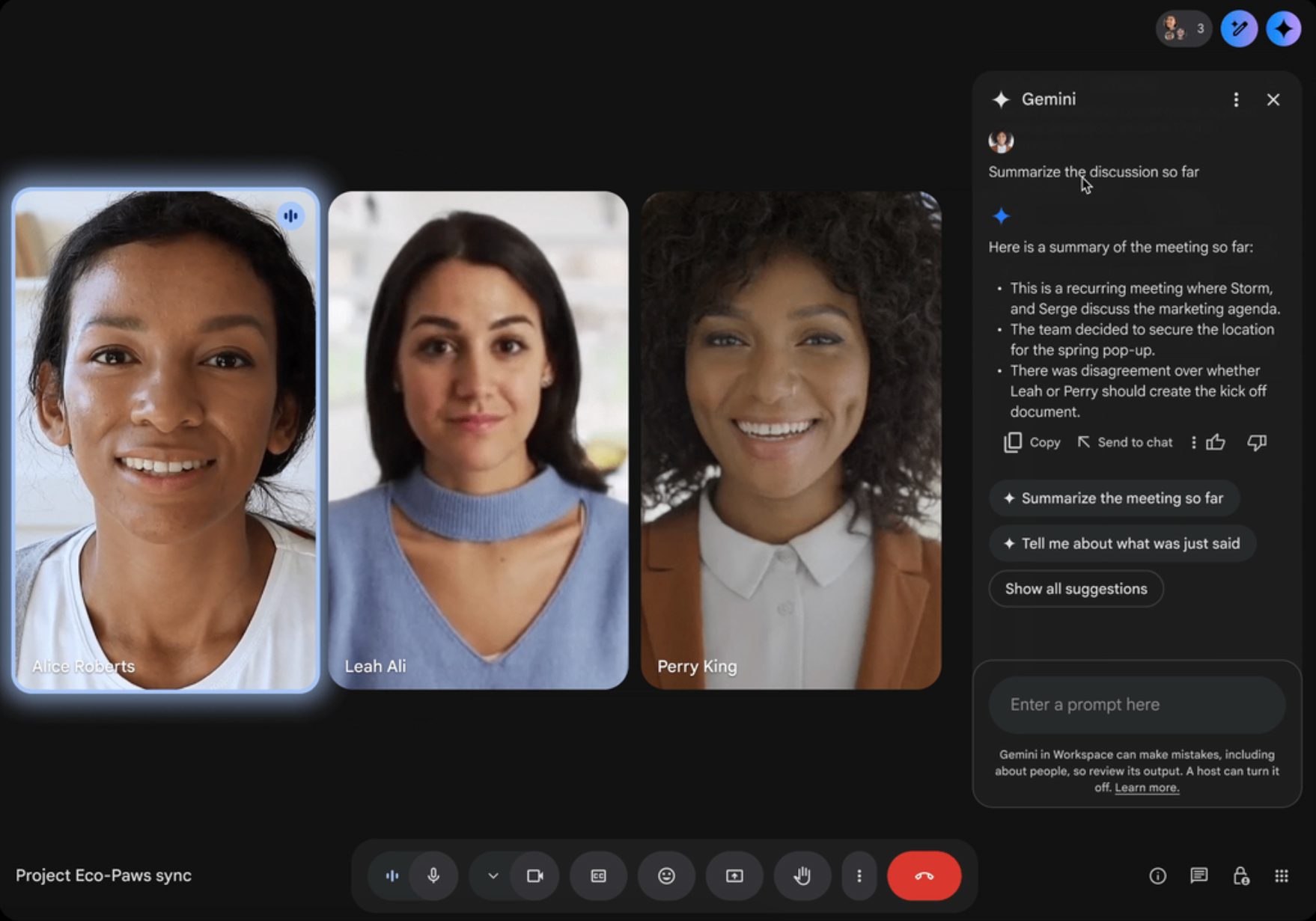
gemini ai solves coding problem that stumped Google’s Gemini AI has achieved a remarkable milestone by solving a coding problem that stumped 139 human teams at the International Collegiate Programming Contest (ICPC) World Finals.
gemini ai solves coding problem that stumped
Overview of the ICPC
The International Collegiate Programming Contest (ICPC) is one of the most prestigious and challenging programming competitions in the world. Established in 1970, the ICPC has grown to become the largest and longest-running competition of its kind, attracting thousands of college-level coders from around the globe. Each year, participants face a series of complex coding and algorithmic puzzles that test their problem-solving skills, creativity, and teamwork. The competition spans five grueling hours, during which teams must devise efficient algorithms and implement them in code to solve a dozen intricate problems.
The ICPC not only serves as a platform for showcasing programming talent but also fosters collaboration and innovation among aspiring computer scientists. It has a rich history of producing some of the brightest minds in technology, many of whom have gone on to make significant contributions to the field. The event is organized by the Association for Computing Machinery (ACM) and has regional contests leading up to the world finals, which are held annually at different locations worldwide.
Gemini AI’s Participation in the ICPC
In a significant demonstration of its capabilities, Google’s Gemini 2.5 participated in the 2025 ICPC World Finals, achieving a gold medal performance. Google has invested heavily in developing generative AI models, and this event provided an opportunity to showcase Gemini’s potential in a competitive environment. The company’s goal is to prove that its generative AI can exhibit true intelligence, and the ICPC serves as a fitting platform for this assertion.
For the competition, Google connected Gemini 2.5 Deep Think to a remote online environment that was approved by the ICPC organizers. This setup allowed the AI to participate alongside human competitors, who were given a head start of 10 minutes before Gemini began its problem-solving process. This head start was designed to level the playing field, allowing human teams to formulate initial strategies before the AI entered the fray.
Technical Aspects of Gemini 2.5
Unlike the specially trained model that Google developed for the International Mathematical Olympiad (IMO) earlier in the year, Gemini 2.5 used the same general model that powers other Gemini applications. However, it was enhanced specifically for the ICPC to optimize its performance during the competition. This enhancement involved the AI’s ability to process “thinking tokens” continuously over the five-hour duration of the event, enabling it to search for solutions to the complex problems presented.
The decision not to create a new model for the ICPC reflects Google’s confidence in the existing capabilities of Gemini 2.5. The AI’s performance at the ICPC is a testament to the advancements made in generative AI technology, particularly in areas such as natural language processing, problem-solving, and algorithmic thinking.
Significance of the Achievement
Google’s success at the ICPC is more than just a victory in a coding competition; it represents a significant step toward the company’s broader goal of achieving artificial general intelligence (AGI). AGI refers to the hypothetical ability of an AI system to understand, learn, and apply knowledge across a wide range of tasks, similar to human intelligence. By demonstrating that Gemini can compete effectively against human teams in a high-stakes environment, Google is making a compelling case for the potential of its AI technology.
This achievement also raises important questions about the future of AI in competitive environments. As AI systems become increasingly capable, they may begin to outperform human competitors in various fields, including programming, mathematics, and other cognitive tasks. This shift could have profound implications for education, workforce development, and the nature of competition itself.
Reactions from the Tech Community
The tech community has responded with a mix of excitement and skepticism regarding Gemini’s performance at the ICPC. Many experts recognize the significance of the achievement, viewing it as a validation of the advancements made in AI technology. Some commentators have noted that the ability of an AI to solve complex coding problems in real-time is a remarkable feat, highlighting the potential for AI to assist in software development and other technical fields.
However, there are also concerns about the implications of AI systems competing against humans in intellectual arenas. Critics argue that while AI can excel in specific tasks, it lacks the creativity, intuition, and emotional intelligence that human programmers bring to the table. This perspective emphasizes the importance of collaboration between humans and AI, rather than viewing AI as a direct competitor.
Implications for the Future of AI
The success of Gemini at the ICPC raises several important implications for the future of AI and its integration into various domains. As AI systems become more capable, they may increasingly take on roles traditionally held by humans, particularly in fields that require analytical thinking and problem-solving skills.
- Education and Skill Development: The rise of AI in competitive programming may necessitate a reevaluation of educational curricula in computer science and related fields. As students prepare for a future where AI plays a significant role in coding and problem-solving, educators may need to focus on developing skills that complement AI capabilities, such as creativity, critical thinking, and collaboration.
- Workforce Dynamics: The integration of AI into programming and software development could lead to shifts in workforce dynamics. While AI may enhance productivity and efficiency, it could also displace certain roles, prompting discussions about the future of work and the need for reskilling and upskilling initiatives.
- Ethical Considerations: The use of AI in competitive environments raises ethical questions about fairness and transparency. As AI systems become more prevalent, it is essential to establish guidelines and regulations that ensure a level playing field for all participants, whether human or AI.
Looking Ahead
As Google continues to refine its Gemini AI models and explore new applications, the implications of its success at the ICPC will likely resonate throughout the tech industry. The achievement serves as a reminder of the rapid advancements being made in AI technology and the potential for these systems to reshape various fields.
Future iterations of Gemini and similar AI models may further enhance their capabilities, allowing them to tackle even more complex problems and engage in more sophisticated interactions with human users. As AI continues to evolve, it will be crucial for stakeholders in education, industry, and policy to engage in meaningful discussions about the role of AI in society and the ethical considerations that accompany its integration.
Conclusion
Google’s Gemini AI’s gold medal performance at the ICPC World Finals marks a significant milestone in the ongoing journey toward artificial general intelligence. By successfully competing against human teams and solving complex coding problems, Gemini has demonstrated the potential of generative AI technology. As the tech community grapples with the implications of this achievement, it is clear that the future of AI holds both exciting opportunities and important challenges that must be addressed collaboratively.
Source: Original report
Was this helpful?
Last Modified: September 18, 2025 at 12:37 am
1 views















